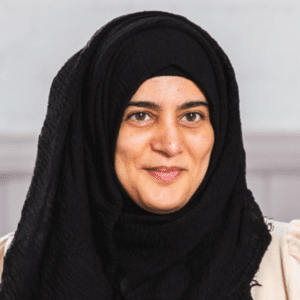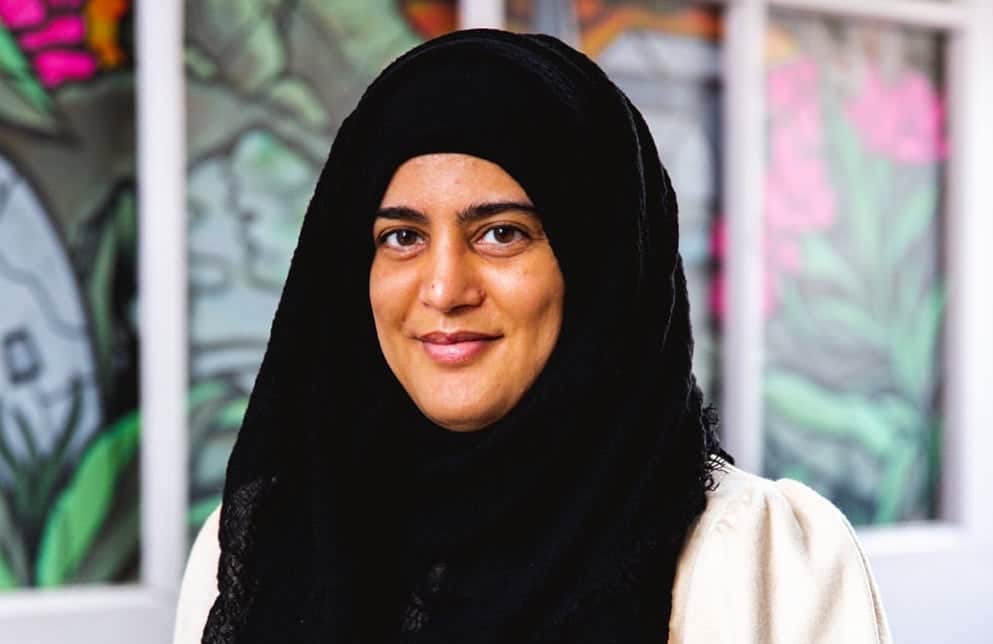This week marks the end of the month of Ramadan and mediator, Summera, explains what it’s all about and the implications fasting might have for clients and colleagues…
Ramadan is the 9th month in the Islamic calendar and is important for Muslims around the world, with most observing a period of fasting of up to 30 days. There are some Muslims who are exempt from fasting including the elderly, people in ill-health and those who are menstruating or pregnant. Fasting is from sunrise to sunset, abstaining from food and drink including water. Ramadan goes back by approximately 10 days each year, which impacts how Muslims experience it. When Ramadan falls in summer the fasts are longer and more challenging, but during the winter there are shorter hours of fasting. The combination of changes to sleep and eating patterns can affect many areas of family life, decision-making and subsequently the mediation process.
During this month, Muslims focus on different aspects including their five daily prayers, self-reflection, giving, charity and getting together – it is a time to give thanks for blessings and be generous to others. Ramadan is a special time but it can also be a challenging time with broken sleep and going without food during daylight hours affecting concentration.
Muslims wake up at around 3am to prepare and then eat at Suhoor, known as the pre-dawn meal. Afterwards, the Fajr prayer is read followed by some reading of the Holy Quran. Following this, many Muslims go back to sleep until the morning before starting their daily routine such as work, school and family duties. Later on, different meals are prepared and shared with everyone. Muslims break their fast at sunset with dates and water known as Iftar with communities gathering together followed by the evening prayer. After Iftar many Muslims read special prayers that are only performed during Ramadan and the night prayer is read at either the local mosque or at home, often taking up to an hour and a half. Many then go to sleep before it’s time to wake up for the next Suhoor.
Within the mediation profession, it is important to understand what Ramadan means to clients and colleagues, in order to make reasonable adjustments such as being flexible with timings during the month. Work colleagues may request annual leave or adjusted working patterns. Muslim clients may want their MIAM or mediation session to be postponed until after it has finished. Others may want their meetings to take place earlier in the day, avoiding the midday prayer time between 1pm-2.30pm. It is important to be conscious that energy levels of clients will vary throughout the day.
Muslims have different perspectives and preferences on others eating around them, so asking beforehand can help in planning mediation meetings and office/team meetings. If there is an event with food, asking a Muslim if they mind others eating is beneficial to all – some will not mind, others may prefer to make other arrangements.
Once Ramadan has been completed, Muslims celebrate Eid-Ul-Fitr by going to the mosque in the morning, visiting the graveyards and family and exchanging gifts. The changes to the lunar calendar mean there are differing views of when Ramadan starts and Eid takes place. Often Muslims will not know when Eid will take place until the night of the 28th or 29th day. It is common for clients and work colleagues to book time off in Ramadan and/or a few days off from work towards the end of Ramadan to ensure they can spend time with their loved ones.
Don’t be afraid to ask a question if you want to learn more as many Muslims will happily talk about Ramadan and their experiences.
You can find out more about Summera and her work as a family mediator here.


